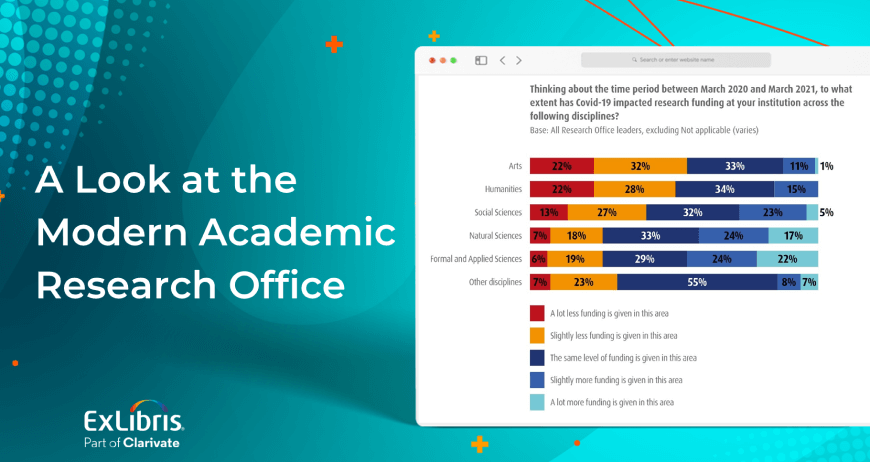Adi Alter, Ex Libris
A growing number of research institutions are adopting the FAIR Guiding Data Principles for making research data findable, accessible, interoperable, and reusable.
When research data is easily discoverable and reusable by others, knowledge advances more rapidly. Scholars are able to build on each others’ work, and the entire research community benefits as a result.
FAIR Data Guidelines
But what do FAIR data principles actually require? Here’s a summary of what the FAIR data guidelines call for according to this description from LIBER (the Association of European Research Libraries):
- To make research data findable, data and all supplementary materials should have sufficiently rich metadata and a unique and persistent identifier.
- To make data accessible, the data and its associated metadata should be understandable to humans and machines. Data should be deposited in a trusted, accessible repository.
- To ensure that data are interoperable, metadata should use a formal, accessible, shared, and broadly applicable language for knowledge representation.
- For data to be reusable, all data and collections should have clear usage licenses and should provide accurate source information.
You might also be interested in

Alma
Esploro
Leganto
Summon
Community
Employees
Higher Education
October 13, 2022 |
14 min read
Improving UX Design through Library Management System

Esploro
Research
February 10, 2022 |
8 min read
A Look at the Modern Academic Research Office

Esploro
Research
December 21, 2021 |
7 min read
Academic Researchers Describe the Challenges of 2021
Great library experiences start with software
Download whitepaper

Esploro
Pivot-RP
November 23, 2021 |
4 min read
Streamlining the Research Lifecycle, From Pre-award to Post-award and Beyond

Esploro
Research
October 14, 2021 |
4 min read
The Changes and Challenges of Supporting Academic Research

Esploro
Research
June 08, 2021 |
4 min read
Exploring Author Research Discovery through Machine Learning Automation

Esploro
May 05, 2021 |
4 min read
Grow Your Research Information Hub with Smart Harvesting AI

Esploro
Higher Education
Research
February 18, 2021 |
3 min read
How University-Industry Collaboration Supports FAIR Research Data Principles


